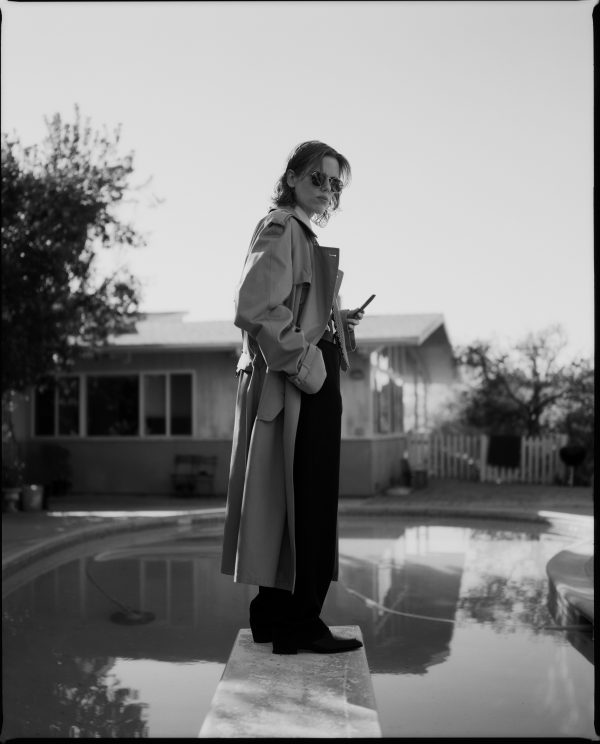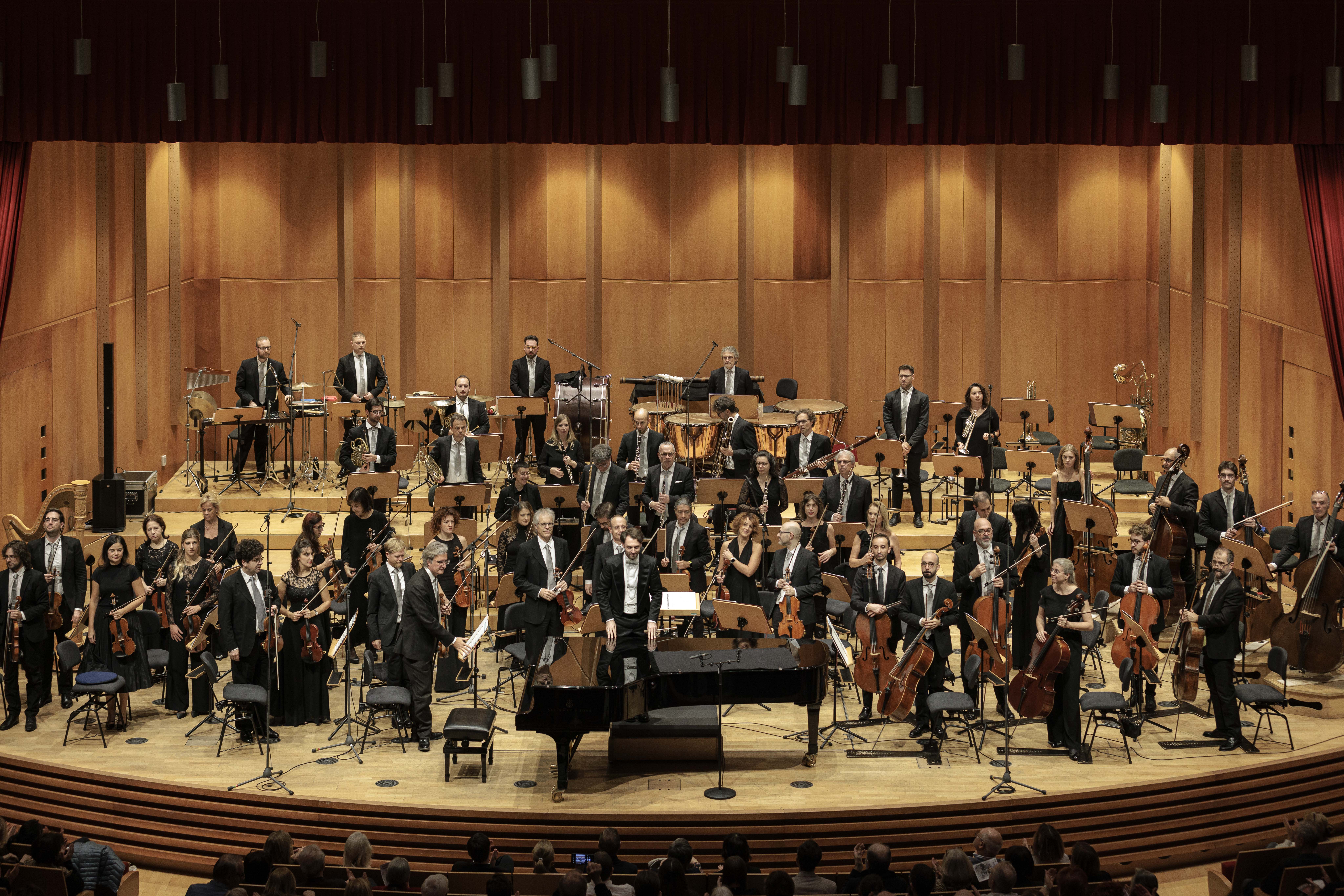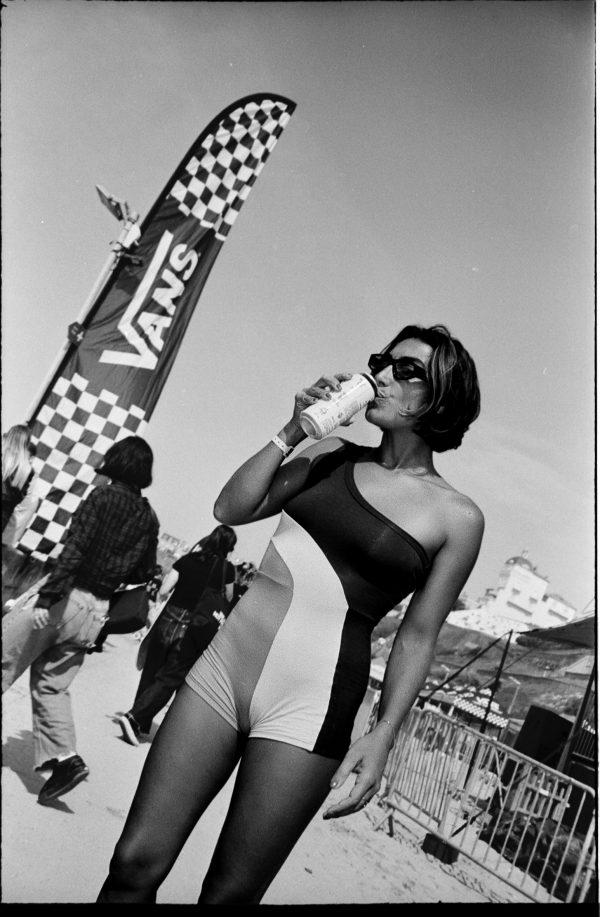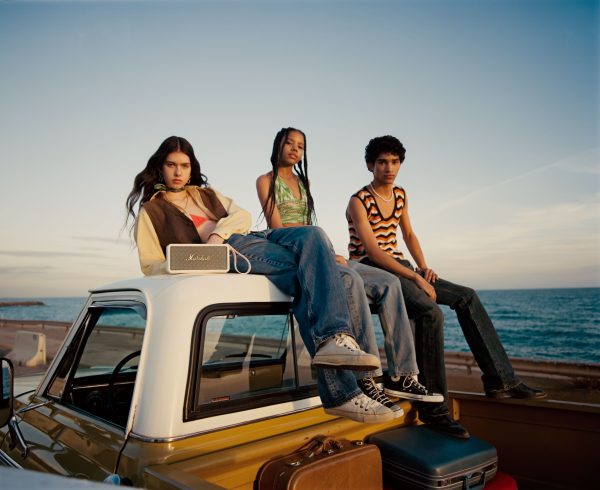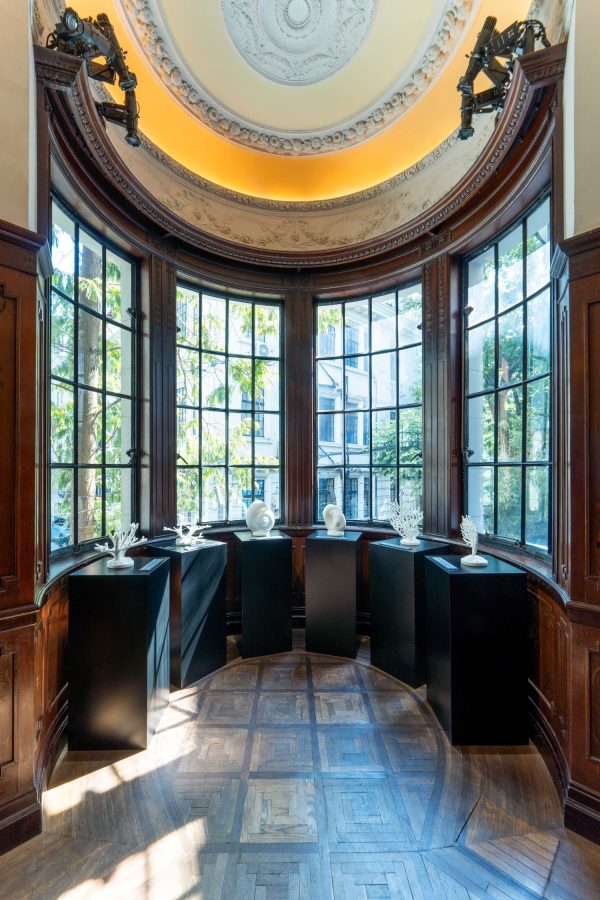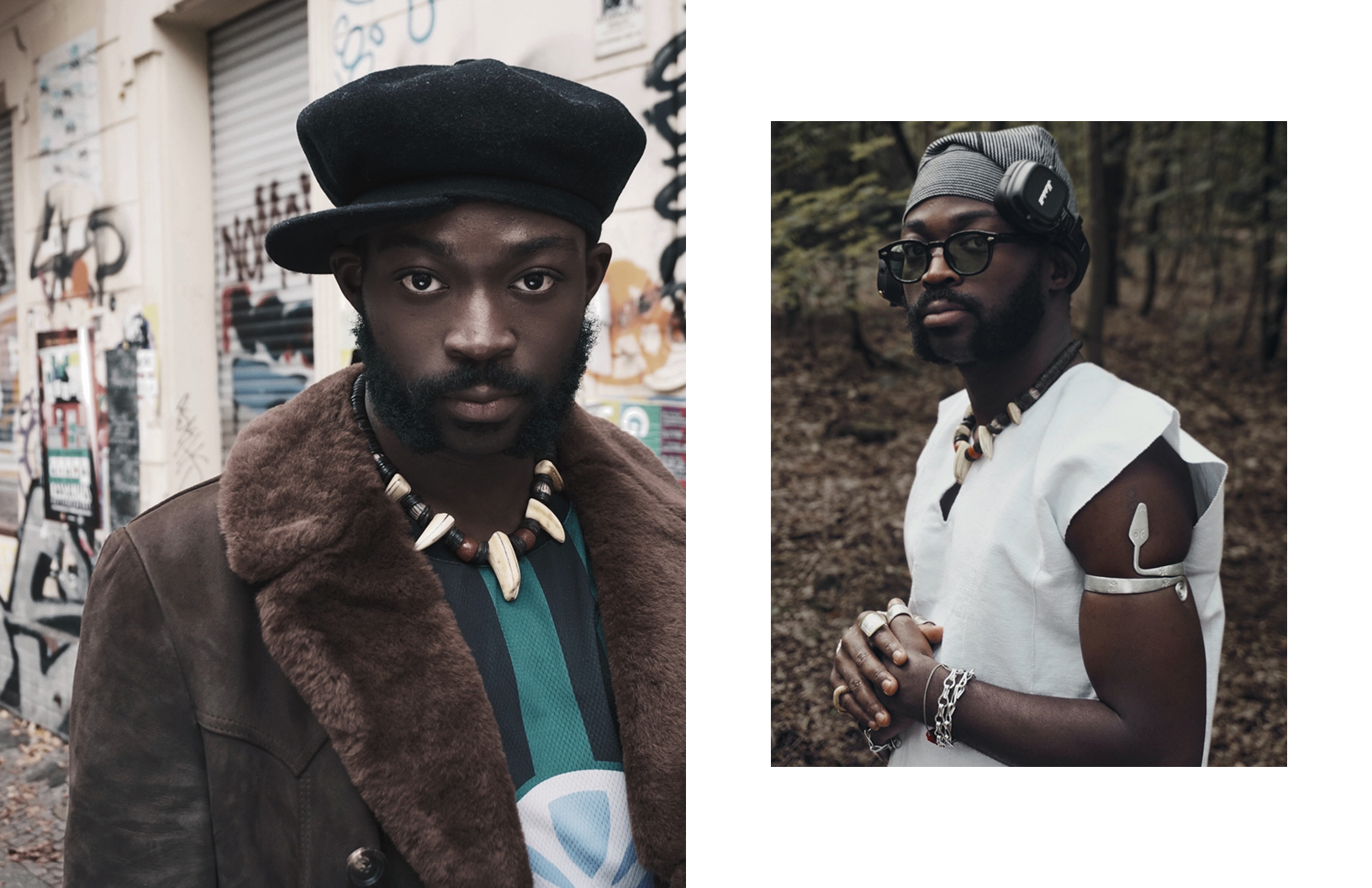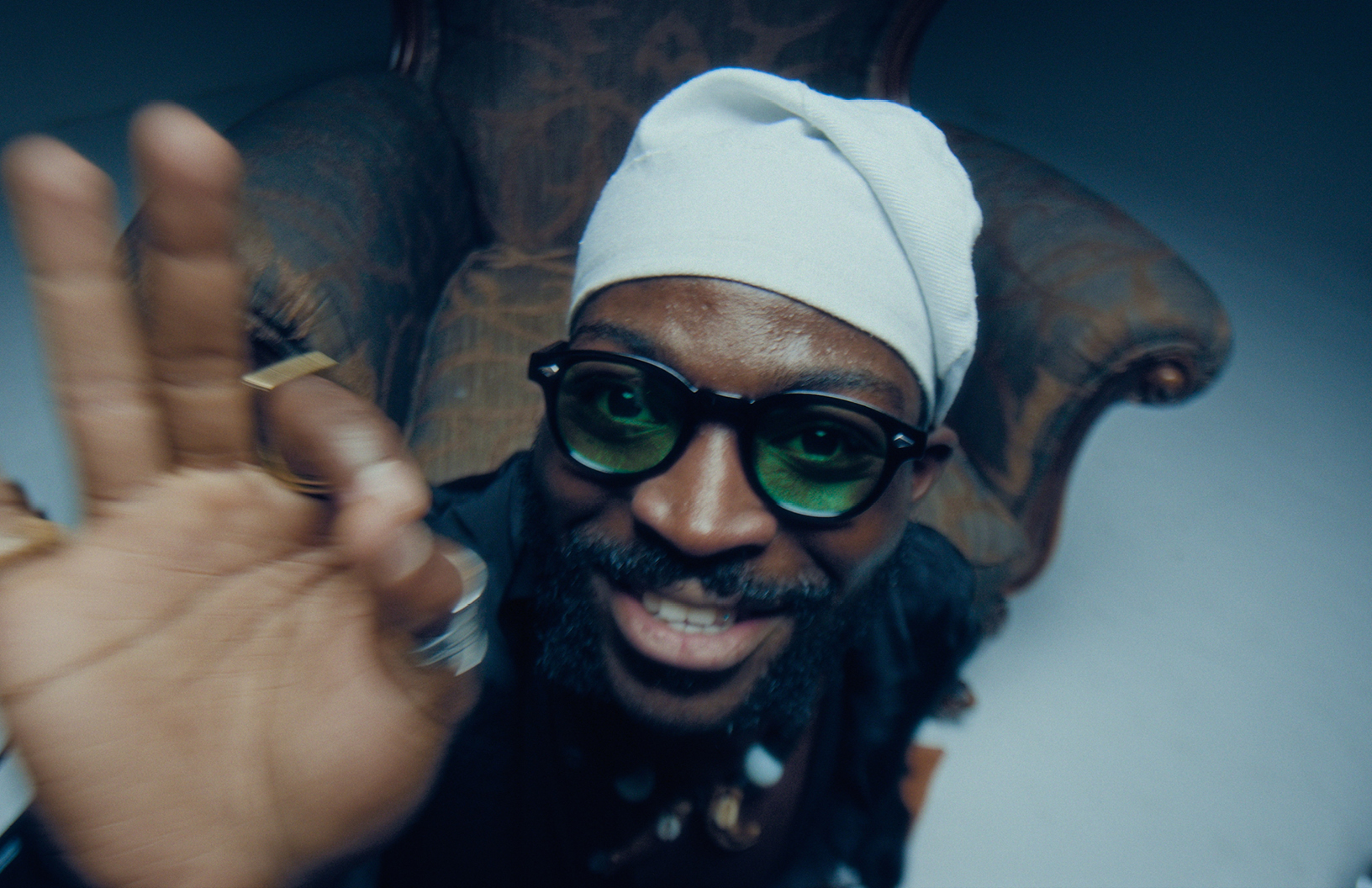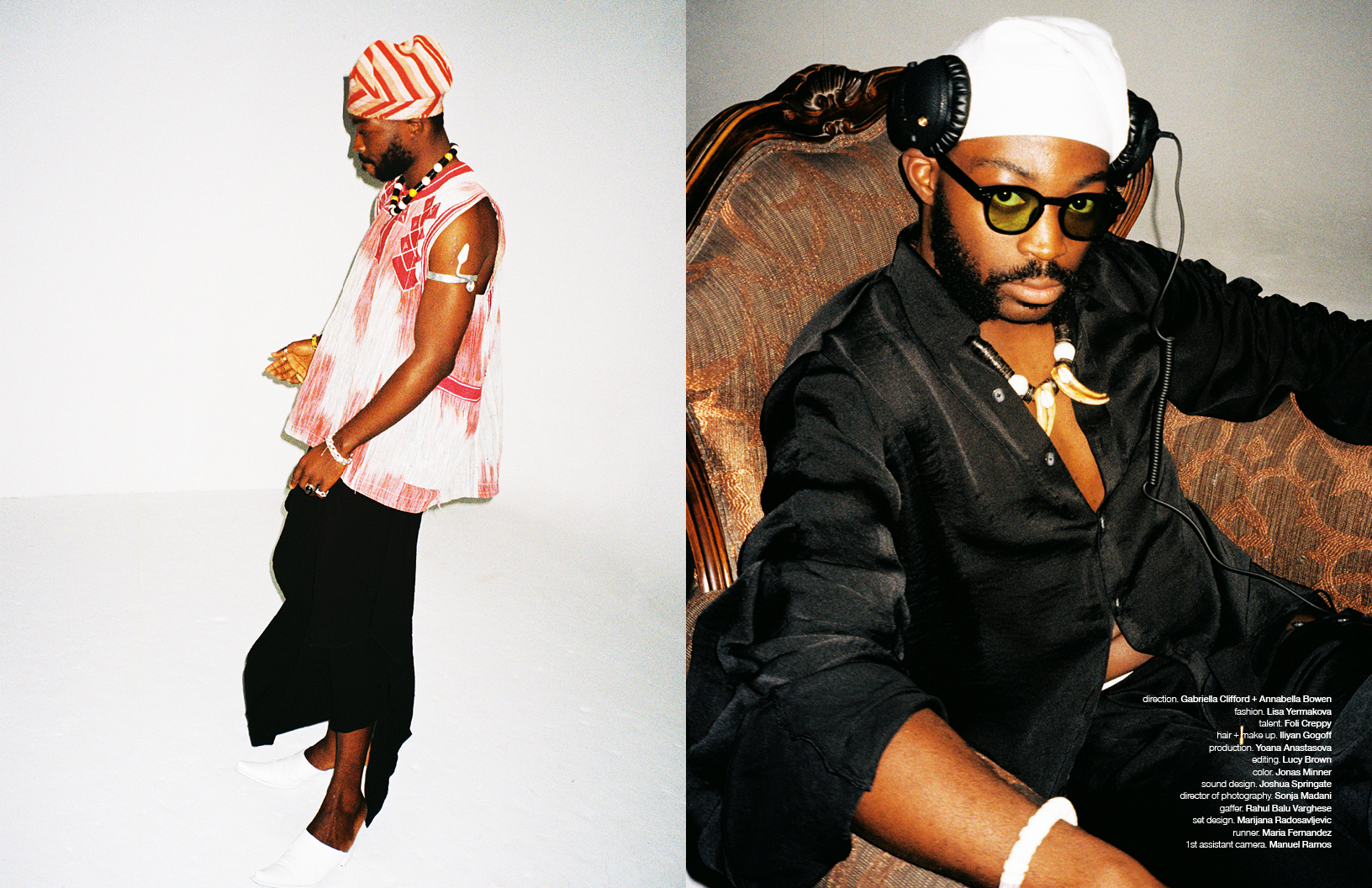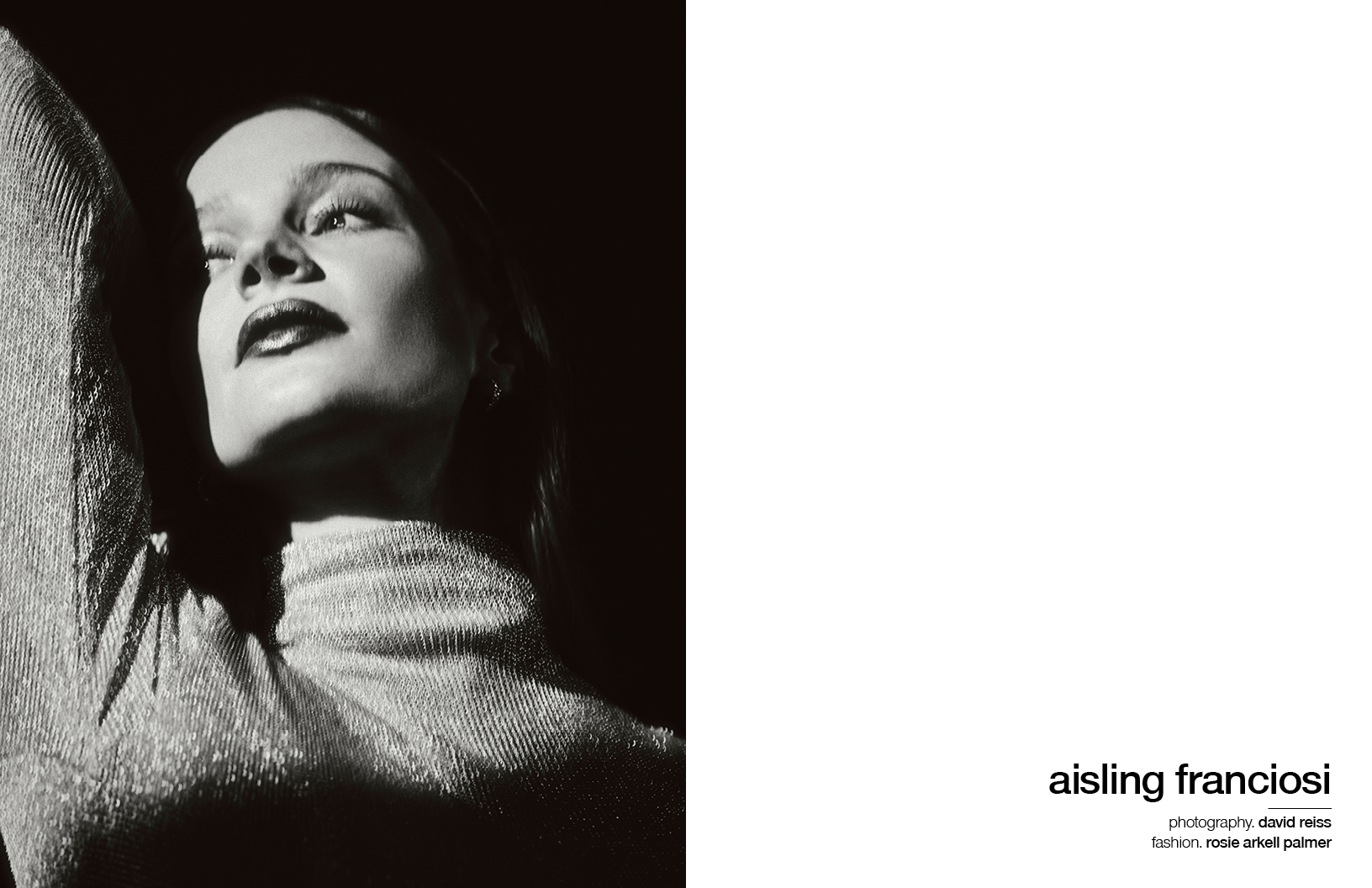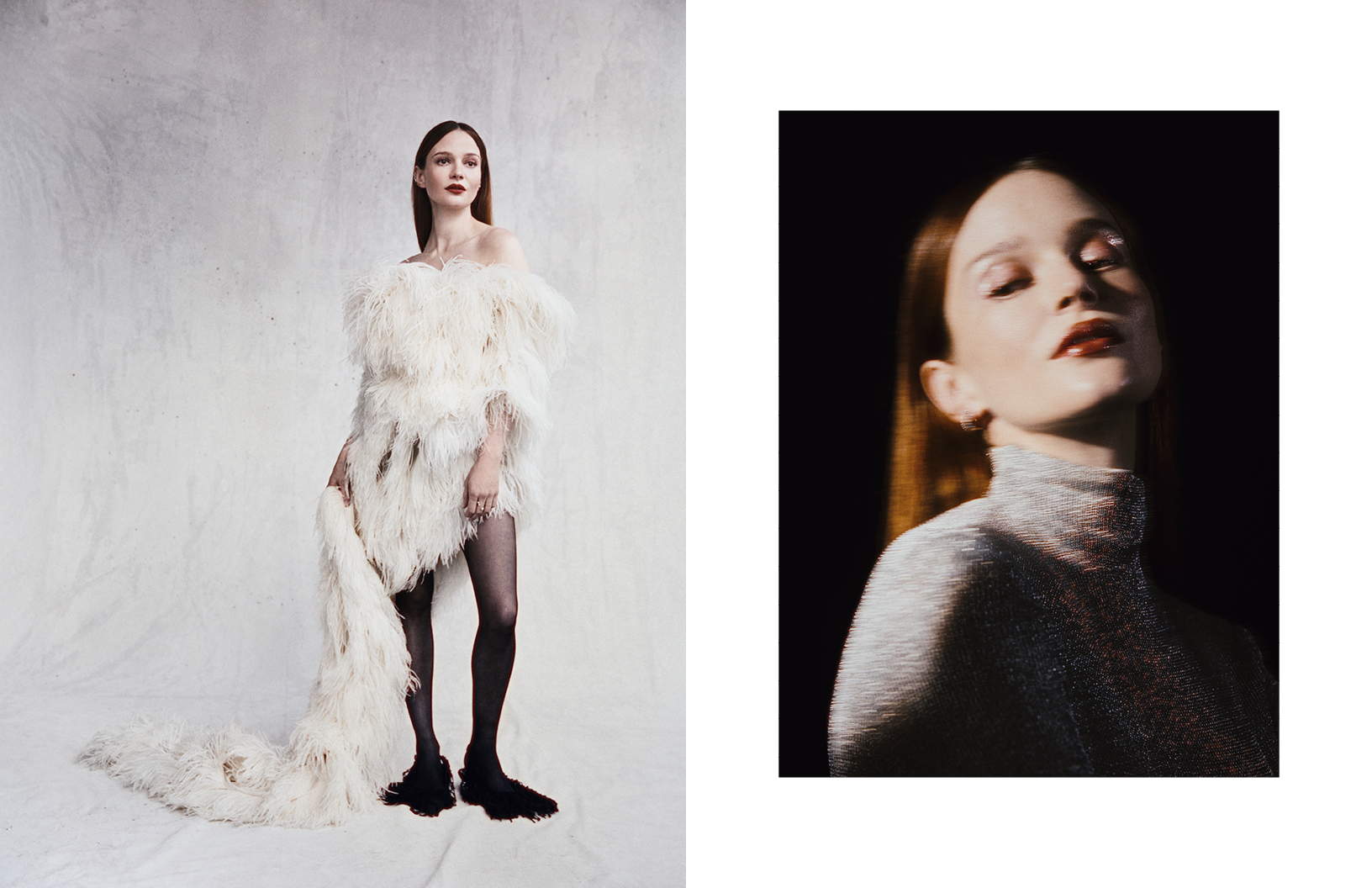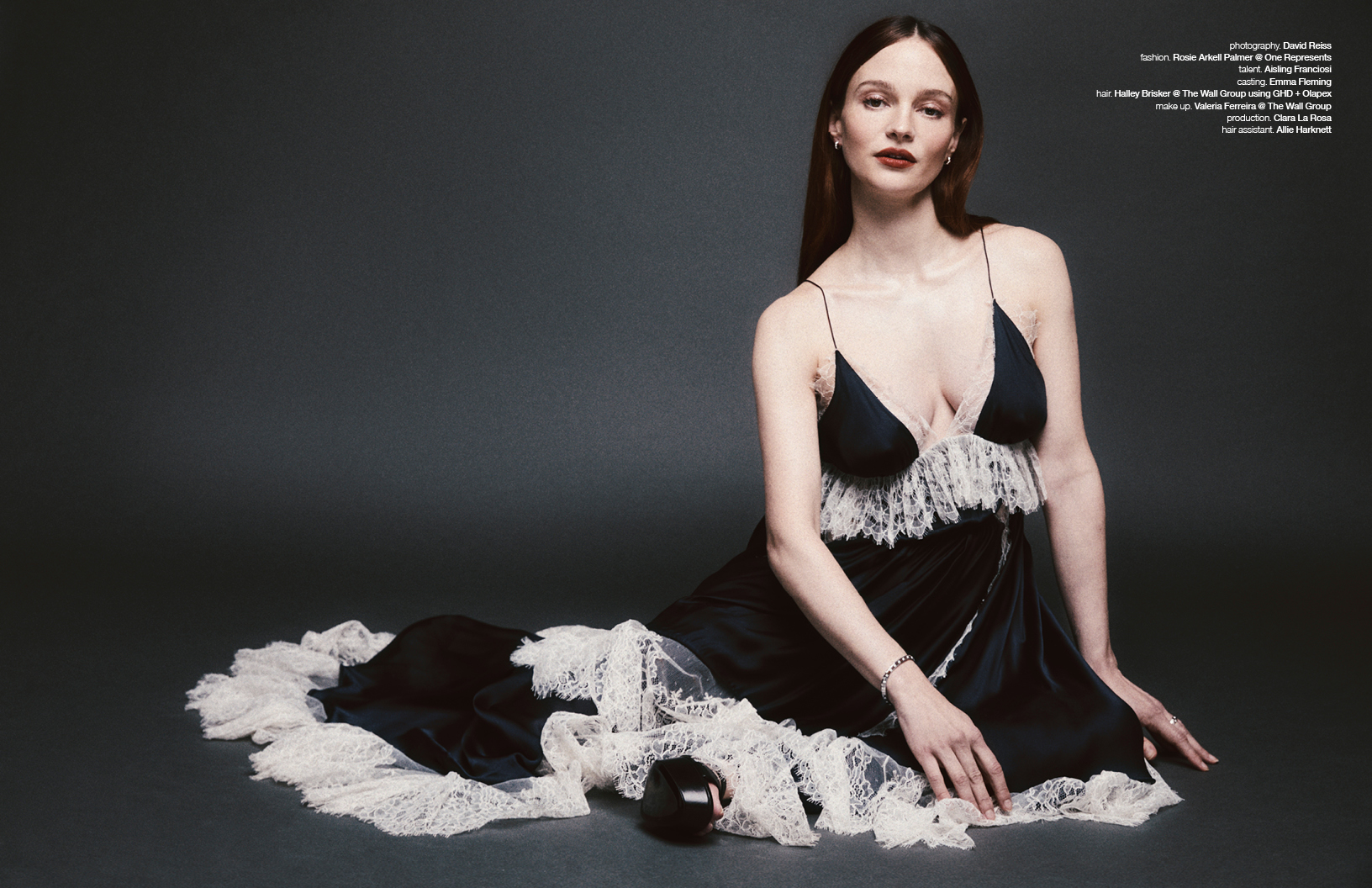All attention is turning to Duy Nguyen, a standout actor whose work in the critically acclaimed series The Sympathizer has garnered international acclaim. Originating from Vietnam, Duy has brought a rich narrative depth to his role, contributing to a series that challenges and redefines perspectives on historical conflicts. Opening up about the nuances of his performance, the impact of the series on his career, and the broader conversation about cultural representation it stimulates, Nguyen chats with Schön! about his experience on the set of The Sympathizer and exploring his approach to embodying a complex character within this ambitious adaptation.
The Sympathizer deals with heavy themes from the Vietnam War. How did personal or collective histories influence your performance?
I grew up decades after the war—about 20 years later, so I didn’t have firsthand knowledge of what actually happened during the conflict. Also, being from Hanoi, Vietnam, the way history is taught varies greatly depending on where you’re from. We were mainly taught how the North of Vietnam reunited the country, but nothing about what happened to the people in the South or what became of those who left. My first exposure to these perspectives came from reading The Sympathizer.
Interestingly, my character Man remains in Vietnam after sending his blood brothers to America, which somewhat mirrors my own process of discovery. His knowledge of America and his friends’ lives there comes through the letters they send back, while my understanding of the war has been shaped by the novels I read and discussions with my castmates. This outside-looking-in perspective is similar to that of the character I portray, which is quite enlightening. And thank goodness for YouTube — you can find almost anything on there these days. Reading The Sympathizer was truly mind-opening and life-changing. Now, I view the war — and any conflict, for that matter — differently, acknowledging that there are always multiple sides to any story.
Of course, personal history is always a bit biased.
Yeah, the show really confronted that. It was quite an experience; I actually got mad when I read the book for the first time. I was upset because it wasn’t what I had been taught — it wasn’t supposed to happen like that. But then I realized that it was closer to the truth, to what actually happened. You’re right.
Can you share a memorable moment from the filming of The Sympathizer that stood out to you?
I have to pick the last day of shooting as the most memorable. We had been shooting for eight straight months, and the actor who played the captain was on set every single day for all those months, twelve hours a day. Everyone was exhausted. We were shooting in Thailand, in the middle of a heat wave. It was the final shot on the last day of shooting, and I remember it vividly. In that scene, it was just me and Kaylee Chen, who plays the communist spy. We were performing the scene, and everyone was around us. All the actors were on set — even those who weren’t in the scene — waiting and watching. Everyone held hands during that last take, and we all counted down to the last moment. When the director yelled ‘cut’ and announced ‘it’s a wrap,’ everyone just burst into tears. We all knew how hard we had worked and how special this project was to us. Especially as Vietnamese actors, we don’t often get the chance to tell these kinds of stories. It was an incredible moment, one I will never forget.

vest + trousers. YSL
jewellery. SHAY Jewelry
opposite
coat, button down shirt + tie. Goodfight
shorts. Yohji Yamamoto Vintage
The escape sequence in the first episode was particularly intense. How did the cast and crew manage the emotional and physical demands of such scenes?
Right, it was a challenging sequence to shoot, especially for many people involved. I remember it took about four nights, maybe five days, to complete that sequence. Every night, there was crying, a lot of tears, both on and off-screen. We were all on set together, and even when my character wasn’t in the scene, I was there just to support everyone. That night, many people opened up for the first time about their stories, sharing experiences they hadn’t talked about in a long time. It was a chance for them to unburden themselves, so it really was about supporting each other.
We ended up crying together afterwards, holding on to one another once it wrapped. That scene was the last one for many in the cast, and after that, most of the cast wrapped up their parts. It made that moment even more special for them, to have that as their final scene on the show. It was a profound experience, and I’m glad that these are the people who got to tell this story because we’re all so close and supportive of each other.
It’s both hard mentally and physically at the same time, I guess.
Fred always fully immersed himself in his role, especially when he played Bone. He had to carry someone while running across the field, and we shot about 20 takes. It was intense—too much, really. There was blood; we fell. Many people fell because it was like running on a runway; very smooth and slippery. You had to be extremely careful. There was blood and tears, everything. But it all looked amazing on screen.
How was your experience working with a predominantly Vietnamese cast in portraying such a culturally specific story?
Okay. It’s truly the challenge of a lifetime. I grew up in Vietnam and moved to Canada ten years ago. As a kid, whenever I saw someone who looked even vaguely Vietnamese in a Hollywood film, I would scream, jump up and down, and go crazy. It was like, ‘Oh my God, one of my people is out there.’ But now, we get the chance to tell our own stories, to be part of a big-budget production ourselves, and not just as background characters. We get to be the main characters, the villains, the heroes. It’s been decades since the war, and this is the first time we’re telling the story of the Vietnam War — or the American War — from our perspective. We all knew how special this was.
The first day I was on set and saw all these Vietnamese people, it was the first time I felt like I belonged, even though I’ve been acting for the last seven years. For the first time, everyone treated me like I truly belonged on set. Talking about how special it is, I’m actually having a really hard time moving on from the show. It’s tough to accept that it’s over, the work is done, because I don’t know when I’ll get to experience something this special again. It’s hard to let go.
What was it like working alongside directors like Park Chan-wook and actors like Robert Downey Jr.?
Well, I’m a huge Robert Downey Jr. fan. I grew up watching Iron Man. It’s both lucky and unlucky that I don’t have any scenes with him in this project. Watching him work is fascinating, but if I had scenes with him, I don’t know how I’d contain myself. He’s incredibly nice. Park Chan-wook is also very funny and keeps the mood light on set, which is crucial because the material we’re working with is very dark. He remembers everyone’s names, which really shows his respect for the crew, and he’s a brilliant director. There’s a reason he commands such respect and admiration in the industry. Watching him work is like attending a masterclass.
As for Director Park, I don’t have enough positive words. Any actor who gets a chance to work with him should jump at it. Working with him has made me a much better actor. He’s a visionary, very precise in his vision for each scene, each moment, each movement. His standards are incredibly high, having worked with some of the best actors in the world. He might give you like twenty different notes in ten seconds, and you have to internalize and deliver on every single one. It was challenging at first, but I got better, and it became freeing because I knew he had a strong vision. As an actor, you can just let go, learn your lines, show up, and trust that he will guide you exactly where you need to be for the character and the scene. It’s been transformative.
And beyond the set, he’s hilarious — very charming, down-to-earth, and focused on getting the job done.
The Sympathizer blends multiple genres. How do you think this impacts the storytelling and audience reception?
I don’t think you can tell this story any other way than how the show is doing it. The Sympathizer, the novel, is incredibly complex and blends many genres together. It was once called the ‘unadaptable novel’ for a reason. The show takes you on a journey through the main character, the Captain’s, confessions. What you see in the show isn’t real life; it’s what the Captain is imagining through his confession. Essentially, you’re exploring a person’s mind.
You see, dealing with trauma varies — you might be sad in one scene and happy in the next. That’s what the show captures: heart-wrenching scenes followed by hilarious moments, like with the squid, for example. I’ve never seen any other show try to blend so many different genres like this. It’s a complex and intelligent show that requires critical thinking. You can’t just watch it expecting to have all the answers handed to you right away.
If you’re like me and love shows that don’t spell everything out, letting you piece things together yourself, then The Sympathizer is perfect for you. Each episode presents a new question. For instance, why does Robert Downey Jr. play different characters? Then you realize, oh wait, it’s because we’re seeing everything through the Captain’s eyes. His interpretation of all the Caucasian, powerful men he encounters is that they are all the same, which is why Robert plays them as such. Every episode drops pieces of a puzzle, and by the end, it all falls into place so satisfyingly.
If you enjoy that kind of depth, you’re going to love The Sympathizer. You might find yourself doing a bit of homework after each episode. I’ve rewatched the show several times in its entirety, and each time I discover new things. I think, ‘Oh, that moment was because of this.’ It’s incredibly rewarding.
The series has received positive critical reception. How do you feel about the show’s impact so far?
As an actor, I try not to go online or look at the reviews and critics’ scores after every project, mainly because we don’t get paid enough to dwell on that, and also for the sake of mental health. Once the work is out there, everyone has their own opinion about it and nothing can change that, so I’m very happy that the critics really loved the show. However, what I’m most pleased about is how the show has sparked debates about the Vietnam War—not only among Americans but also among Vietnamese Americans and people in Vietnam.
Now, people are discussing the war from the South Vietnamese perspective, a viewpoint I’ve never seen debated before. They start arguing, debating, and then fact-checking the show. By fact-checking, they’re doing their own research and discovering real history for themselves. And that’s the best impact a show can have. That’s how you change perspectives. Every time I go online and see people arguing about the show, I actually feel really happy. It’s like, yes, we did it. That’s the job of art, isn’t it? It challenges the way people think, and that’s a powerful thing.
It raised awareness in a current and modern way.
Exactly. And many people who watch the show also compare it to current global events, right? Like you said. They then start asking questions like, ‘What is the other side of the war?’ or ‘What are some aspects of these conflicts that no one talks about?’ They begin to explore these questions and conduct their own research.
What are your thoughts on the representation of Asian characters in Hollywood, particularly in a historical and complex narrative like The Sympathizer?
We definitely need more. However, I am very grateful for the increased representation of Asian actors in Hollywood over the last few years. We’ve seen some incredible projects recently. But when you write them all down on a piece of paper, it’s still very little. There’s much more work to be done. I’m extremely thankful that The Sympathizer is helping to push forward a brighter future for all of us and for the upcoming Asian actors. By adding another set of complex characters to the existing list of amazing Asian characters, we are making progress. It’s been great these past few years, but there’s still a lot we need to do in the coming decades.
In a recent interview, you expressed interest in playing Amadeus Cho’s Hulk in the MCU. How do you see yourself bringing this character to life?
It’s funny, I seem to have this talent, if you can call it that, of portraying intelligent characters well on screen. I’ve always been really drawn to smart, capable characters, like Amadeus Cho, even before his transformation into the Hulk. I became attached to him because he’s underestimated by no one due to his intellect, and he’s feared because he can turn into the Hulk and overpower anyone.
Growing up, I was a quiet, small kid, often bullied because of my size and silence. While everyone around me wanted to be Superman, I admired the Hulk for his smarts and strength. Now, there’s an Asian version of the Hulk, which I find compelling. He’s smart, strong, and has a cockiness that some might find off-putting, but for me, that makes for a great story to adapt to the screen. It’s similar to Tony Stark’s character — a cocky yet complex character who offers many lessons.
Although I’m not Korean and the character is, I believe if the cultural background isn’t central to the character, then the role could potentially be opened to actors of other Asian ethnicities. There aren’t many roles available, so if a suitable Korean actor isn’t found, why not consider others? It’s a good idea, actually. I would love to see it happen and would be thrilled to be considered.
If The Sympathizer were to be adapted into a different format, like a stage play or a musical, how would you envision it, and what role would you want to play in that adaptation?
I think it would work really well as a musical because it’s so surreal—there are so many moments where you’re just like, ‘What the hell just happened?’ That’s perfect for a musical staged on Broadway. In a musical, you can do crazy things, blend elements, break the fourth wall, and try stuff you’d never think of. I would love to play the Captain if The Sympathizer were adapted into a musical because I enjoy singing and could take on the role any time of the day.

button down shirt. Theo
trousers. Goodfight
loafers. Duke & Dexter
ear cuff. Jenny Bird
ring. SHAY Jewelry
The Sympathizer is out now on Max.
photography. David Higgs
fashion. Amanda Lim
talent. Duy Nguyen
grooming. Sydney Sollod
interview. Alper Kurtel

















